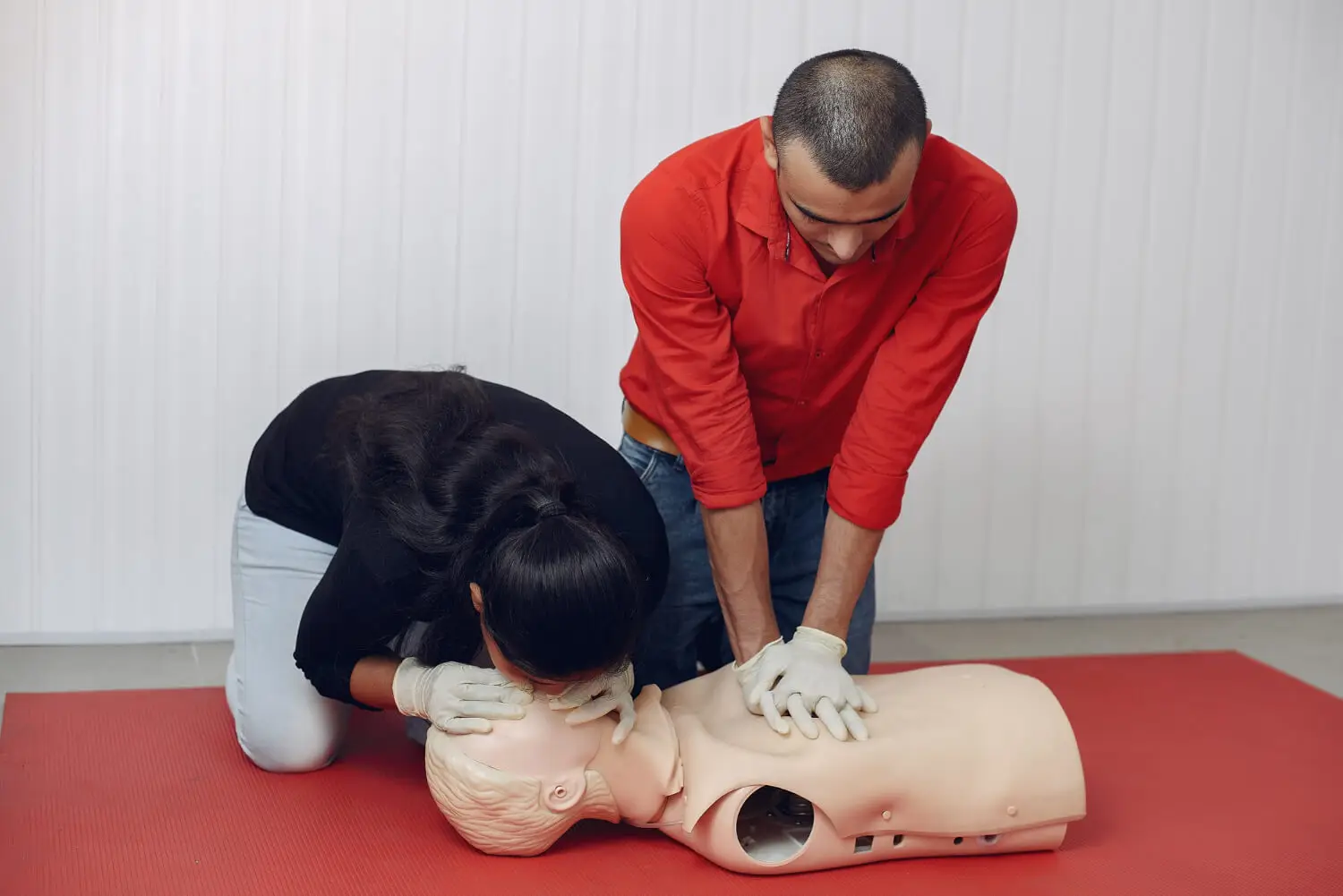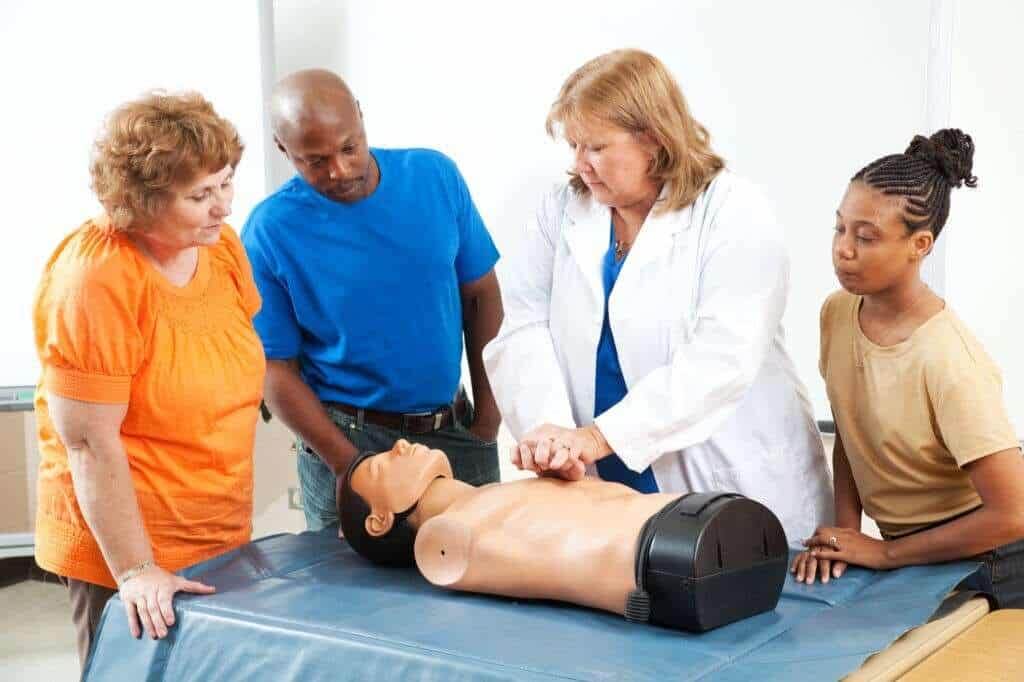Memphis Midtown CPR is dedicated to providing quality American Heart Association (AHA) BLS CPR certification, including training in Cardiopulmonary Resuscitation (CPR), to students and medical professionals in the Greater Memphis Area. Memphis Midtown CPR is locally owned and operated. We are not franchised, nor are we affiliated with any national chains. Our family is dedicated to the healthcare industry and education. We live in Midtown Memphis, and all of us have attended Memphis and Shelby County Schools. Our dedication is to the health and well-being of the citizens of the Greater Memphis Area. We are not franchised, nor are we affiliated with any national chains As the nation transitions from fighting infectious diseases to chronic diseases caused by the globesity epidemic, heart disease, congestive heart failure, diabetes, stroke, and hypertension.
We want to educate the community on the importance of a healthy diet and exercise. Because of the obesity problem in Memphis and surrounding areas, we have seen an increase in bike lanes, walking trails, and exercise facilities all over the city. Being in the mid-south causes us to take advantage of the great food we have in the area, and as a consequence, we have one of the highest obesity rates in the nation. We also have some of the nation’s most outstanding schools, training students, doctors, nurses, physician assistants, and ancillary personnel to take care of us when we overindulge and cause reprehensible damage to our bodies. Midtown CPR provides these medical and future medical professionals with the American Heart Association, CPR, and Basic Life Support (BLS) necessary tools, should the need arise.
Our staff consists of nurses, personal trainers, nutritionists, and soon be Dr. of Health Science. We have studied the cardiovascular system and the damage of a poor diet, smoking, illicit drug use, and a lack of exercise can have on the body. Food deserts and food swamps are the cause of the cardiovascular problems we face today. According to the Centers for Disease Control and Prevention (CDC), about 9 in 10 people who have a cardiac arrest outside the hospital die.3 CPR can help improve those odds. If it is performed in the first few cardiac arrest minutes, CPR can double or triple a person’s chance of survival.3
Knowing the signs and symptoms of an adverse cardiac event and getting CPR certified can save someone’s life. Cardiopulmonary resuscitation (CPR) is an emergency procedure that can help save a person’s life if their breathing or heart stops.
When a person’s heart stops beating, they are in cardiac arrest. During cardiac arrest, the heart cannot pump blood to the rest of the body, including the brain and lungs. Death can happen in minutes without treatment.2 CPR uses chest compressions to mimic how the heart pumps. These compressions help keep blood flowing throughout the body.
Certain people, including people in low-income, Black, and Hispanic neighborhoods, are less likely to receive CPR from bystanders than people in high-income, white neighborhoods.1
Women may also be less likely to receive CPR if they experience cardiac arrest in a public place.
Memphis Midtown CPR chose the American Heart Association (AHA) because it is the most recognized heart science and research authority.
The AHA sets the standards for the procedure we know as cardiopulmonary resuscitation (CPR).


We use the latest heart science technology developed by American Heart Association researchers to teach our students the necessary skills to deliver proper cardiopulmonary resuscitation in an emergency situation.
All trainers are American Heart Association BLS CPR certified. We teach and follow the American Heart Association guidelines for cardiopulmonary resuscitation and the latest instructions provided by the American Heart Association guidelines for cardiopulmonary resuscitation and emergency cardiovascular care.

In collaboration with experts in the field and extensive studies, the change from infectious disease to chronic diseases and heart disease is the leading cause of mortality worldwide.
According to the World Health Organization (WHO), “Ischaemic heart disease and stroke are the world’s biggest killers, accounting for a combined 15.2 million deaths in 2016.
These diseases have remained the leading causes of death globally in the last 15 years” (WHO, 2018). Life-saving CPR with the aid of an AED can help save the life of a person suffering from a heart attack.

Doctors, nurses, and medical students are on the cutting edge of fighting these chronic diseases, which have reached epidemic proportions.
Certain people, including people in low-income, Black, and Hispanic neighborhoods, are less likely to receive CPR from bystanders than people in high-income, white neighborhoods.1
Women may also be less likely to receive CPR if they experience cardiac arrest in a public place. Proper CPR training allows them to give the necessary care and education to patients suffering from the effects of lack of exercise, poor eating habits, and obesity.
Midtown CPR teaches the 2020 American Heart Association (AHA) Guidelines for Cardiopulmonary Resuscitation (CPR) and Emergency Cardiovascular Care (ECC) Life-saving training from the leader in CPR science & education. Midtown CPR BLS Certification class satisfies all the requirements for the following school programs: Nursing, Dental, EMT, Paramedic, Radiologist, Respiratory Therapy, CNA, Pharmacy, Hygienist, and more…

The CPRNM badge should be displayed on the website of the subscribing training provider, close to the location mentioned in the listing.
This badge confirms that the following listing is a subscriber to CPRNM.
Midtown CPR
,
CPR Near Me® is committed to making life-saving skills training more accessible to everyone. Each year, over 350,000 people die from cardiac arrest, and many others experience accidents. Consequently, we recognize the importance of training and believe that everyone should have easy access to it. Learn more.
CPRNM ® is not affiliated, associated, authorized, endorsed by, or in any way connected with the AHA ®, Red Cross ®, or other training provider competitors or any of their subsidies or affiliates. The names of the AHA ®, Red Cross ®, or any other training provider, as well as related names, marks, emblems, and images are registered trademarks of their respective owners. We do not offer training. You should consult with your employer if you have questions about whether our certification will be accepted. Therefore, we cannot guarantee that our certification will be accepted in every situation. We reserve the right to make changes to the information provided on our platform at any time without notice. Visit physical locations at your discretion and risk.
Visit CPRNearMe.com

Copyright © 2025 Midtown CPR BLS Certification | Designed & Developed by Enham Ur Rehman